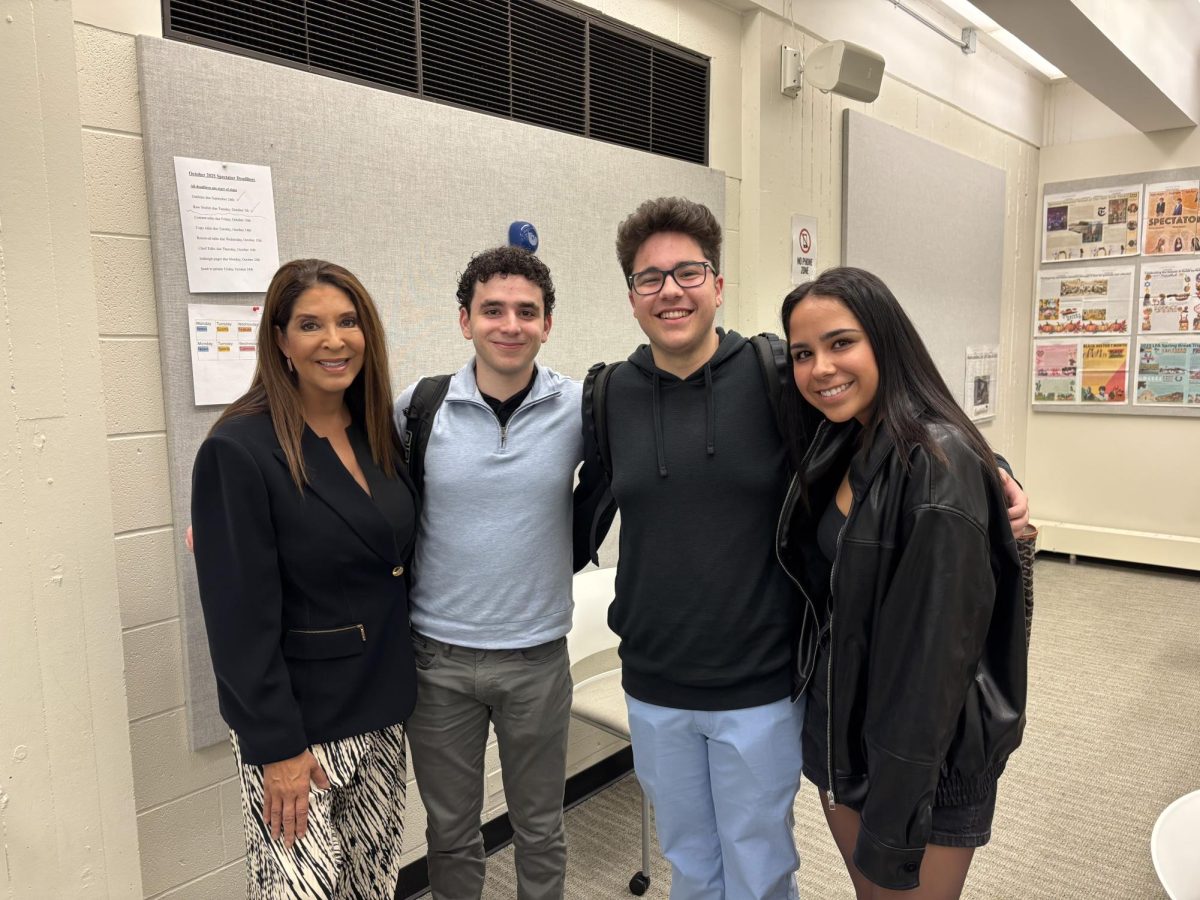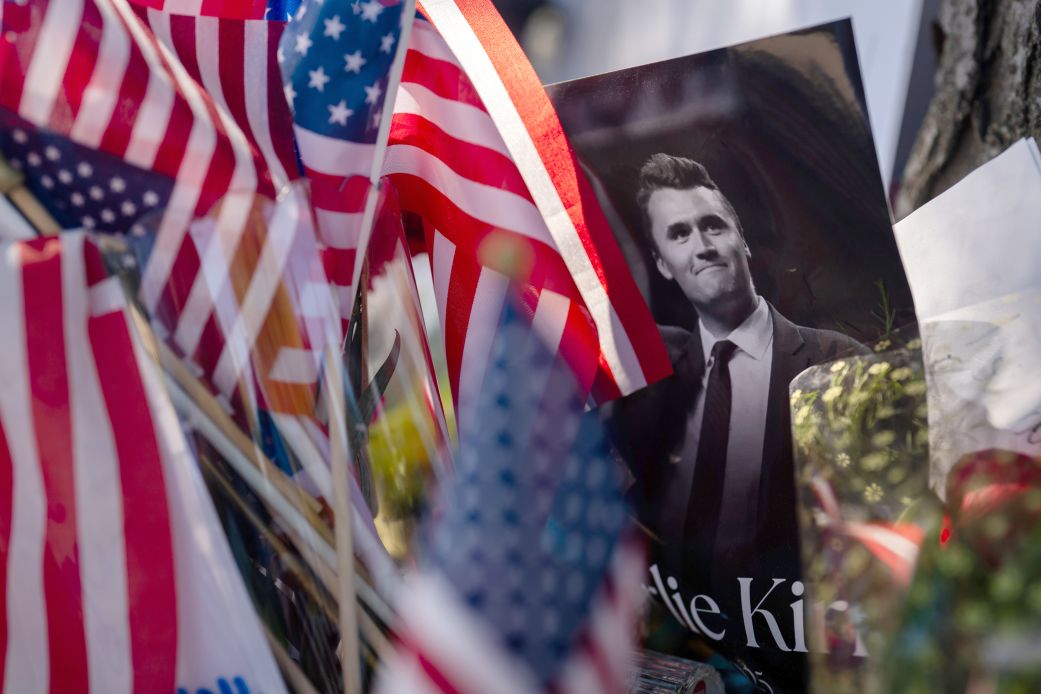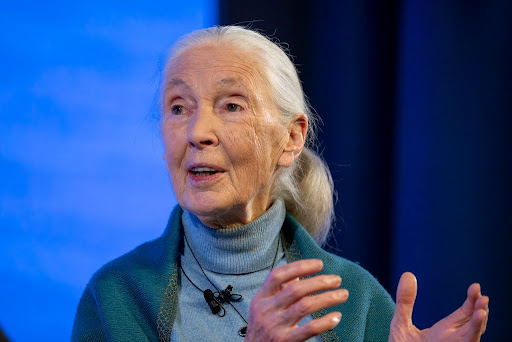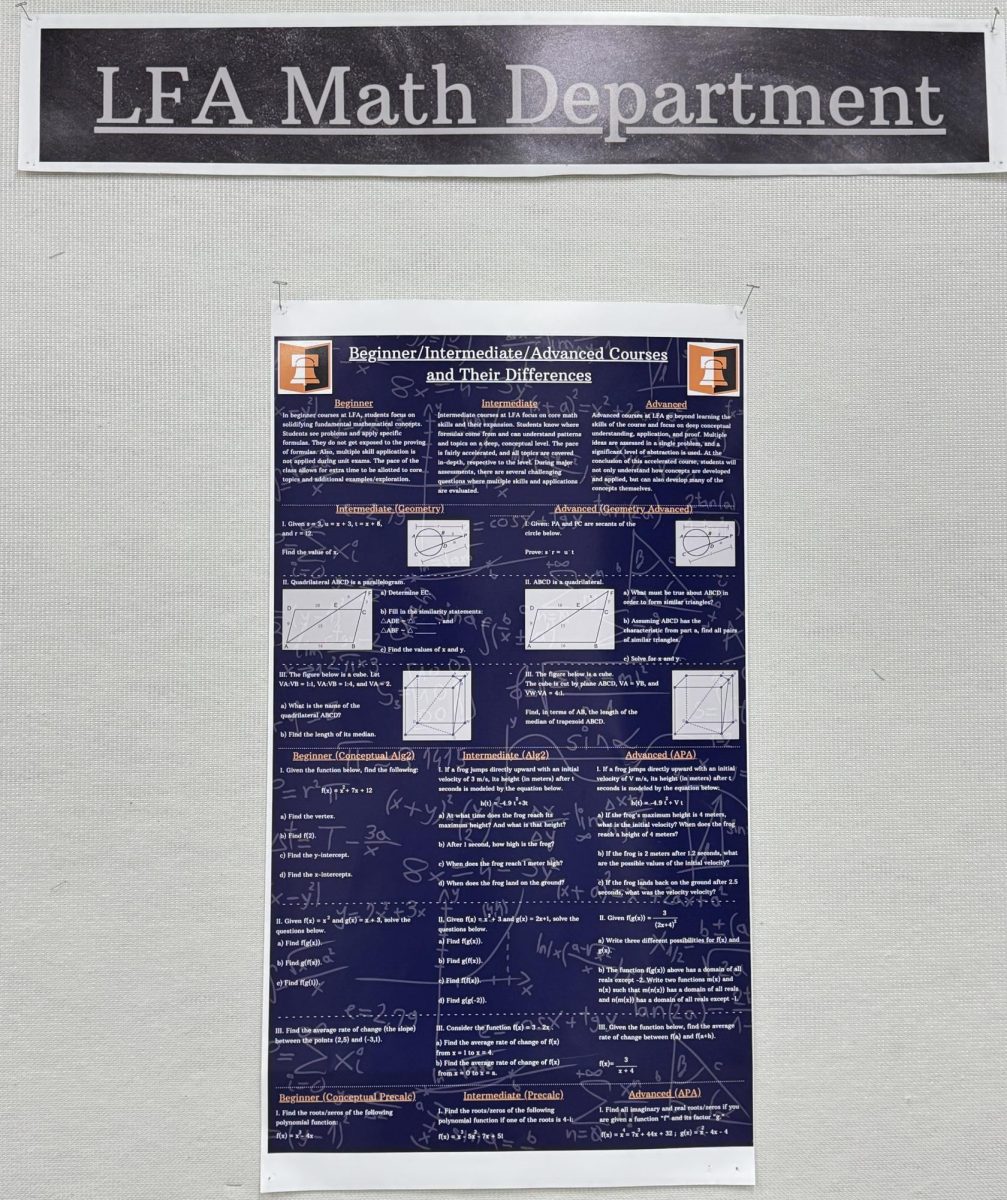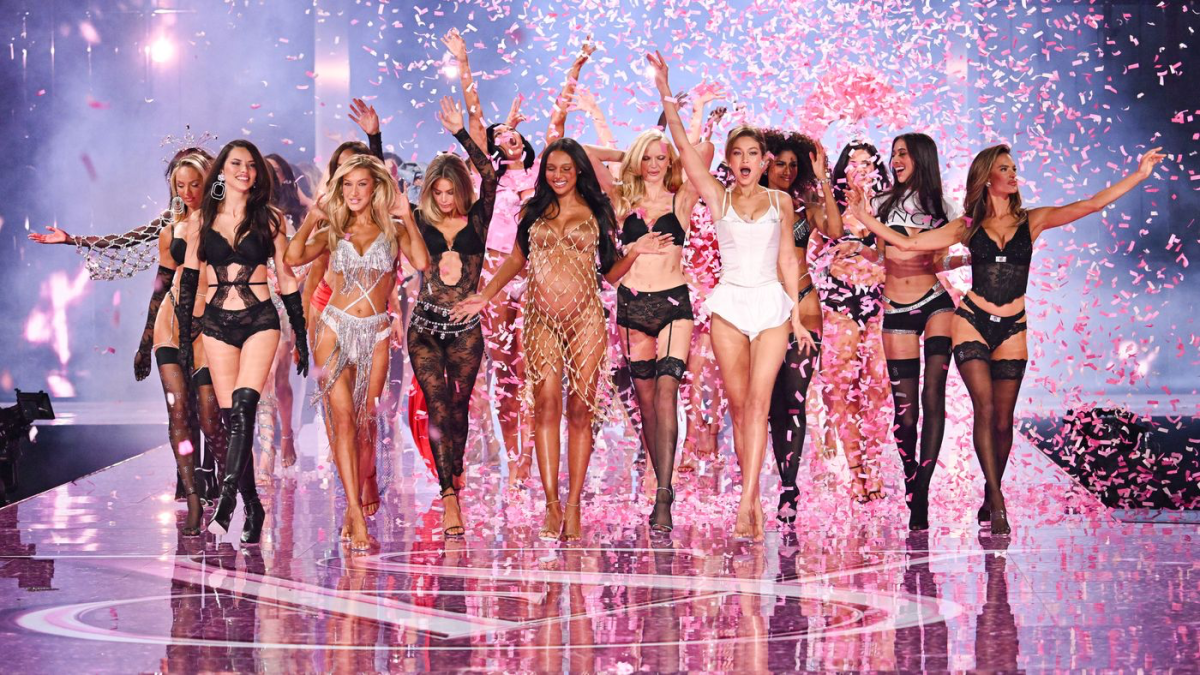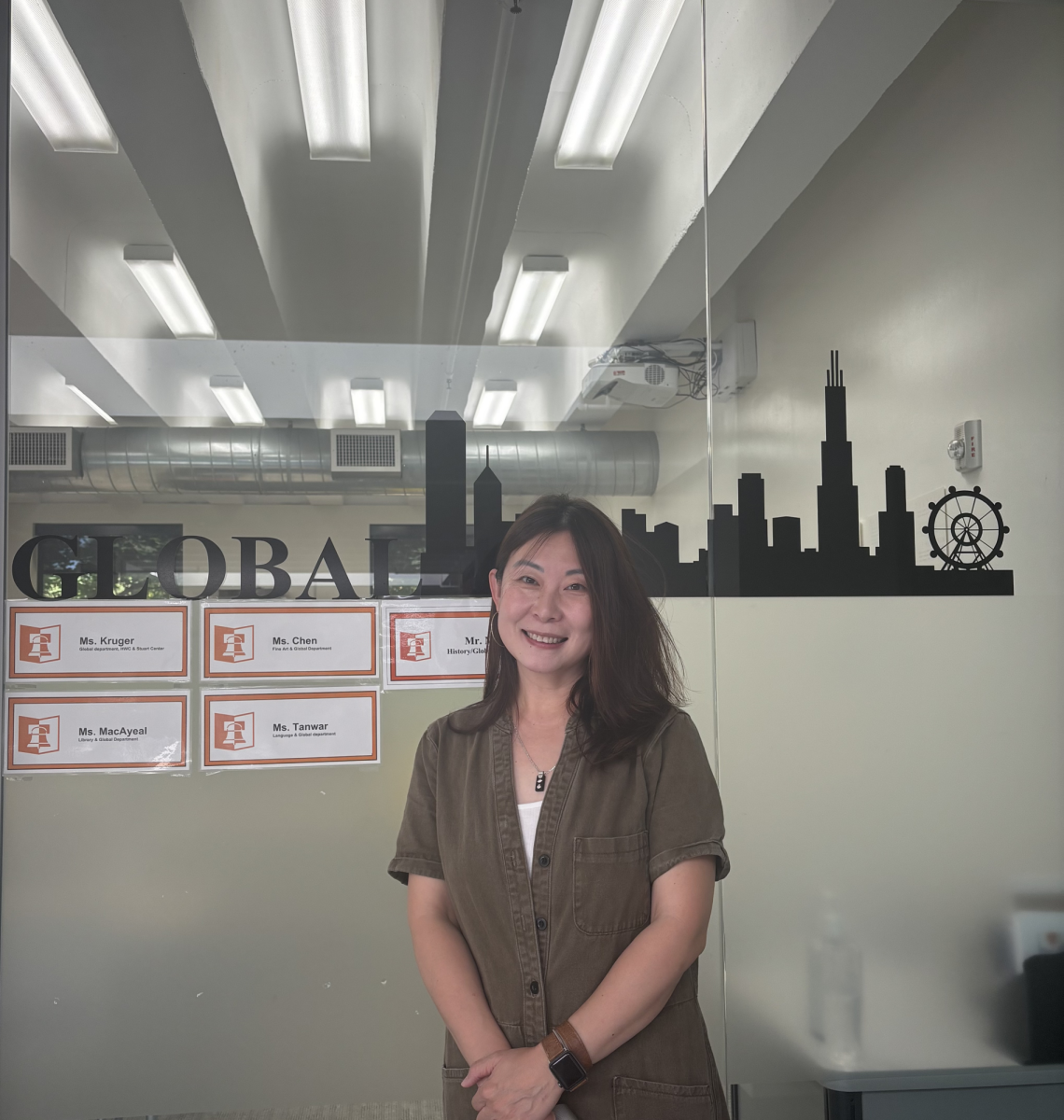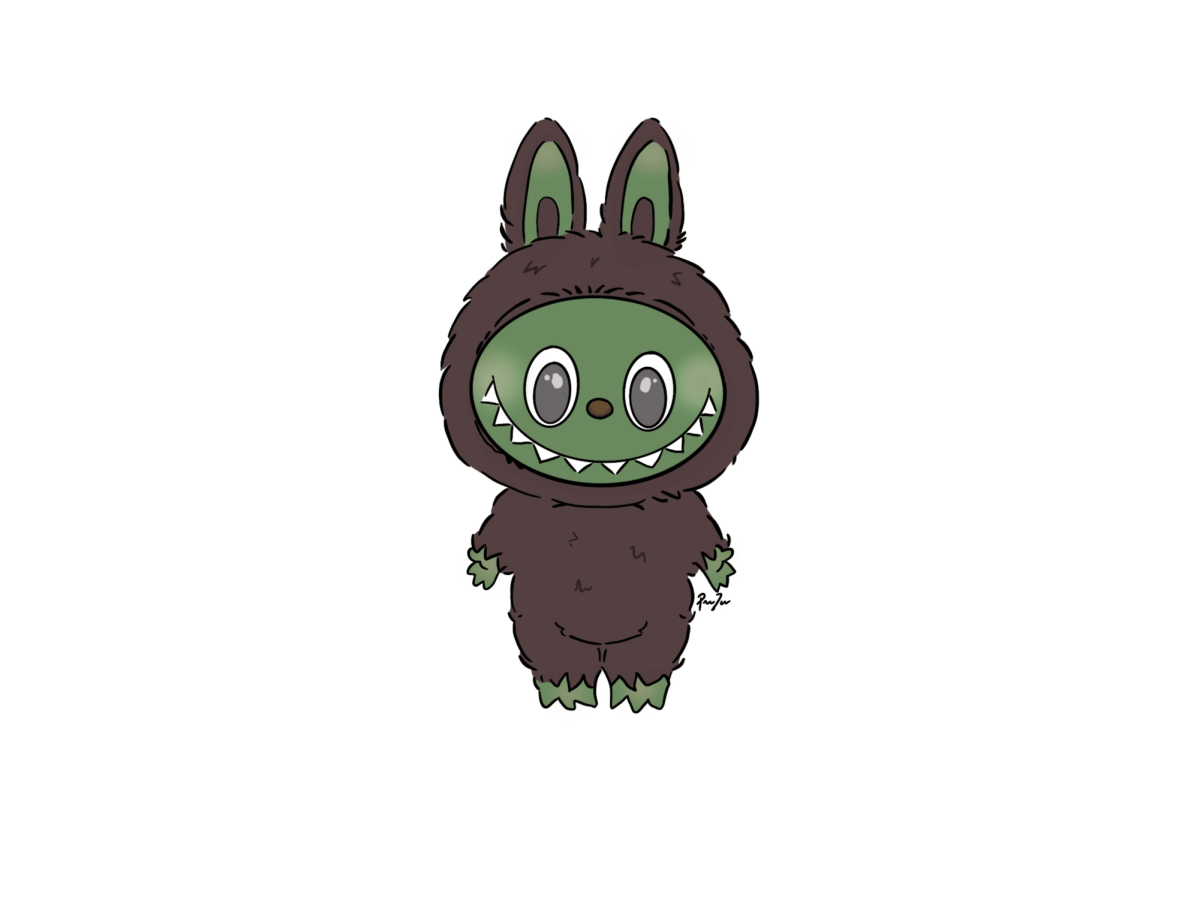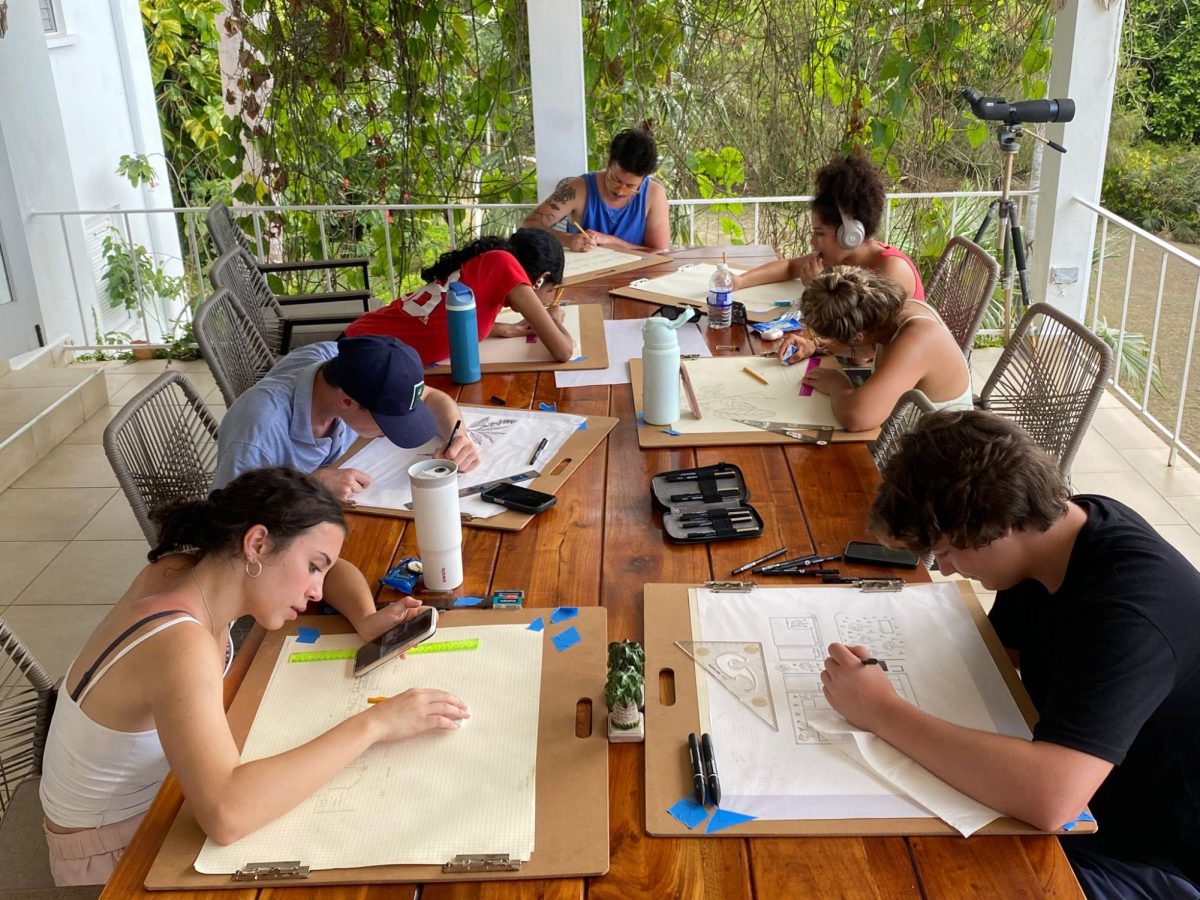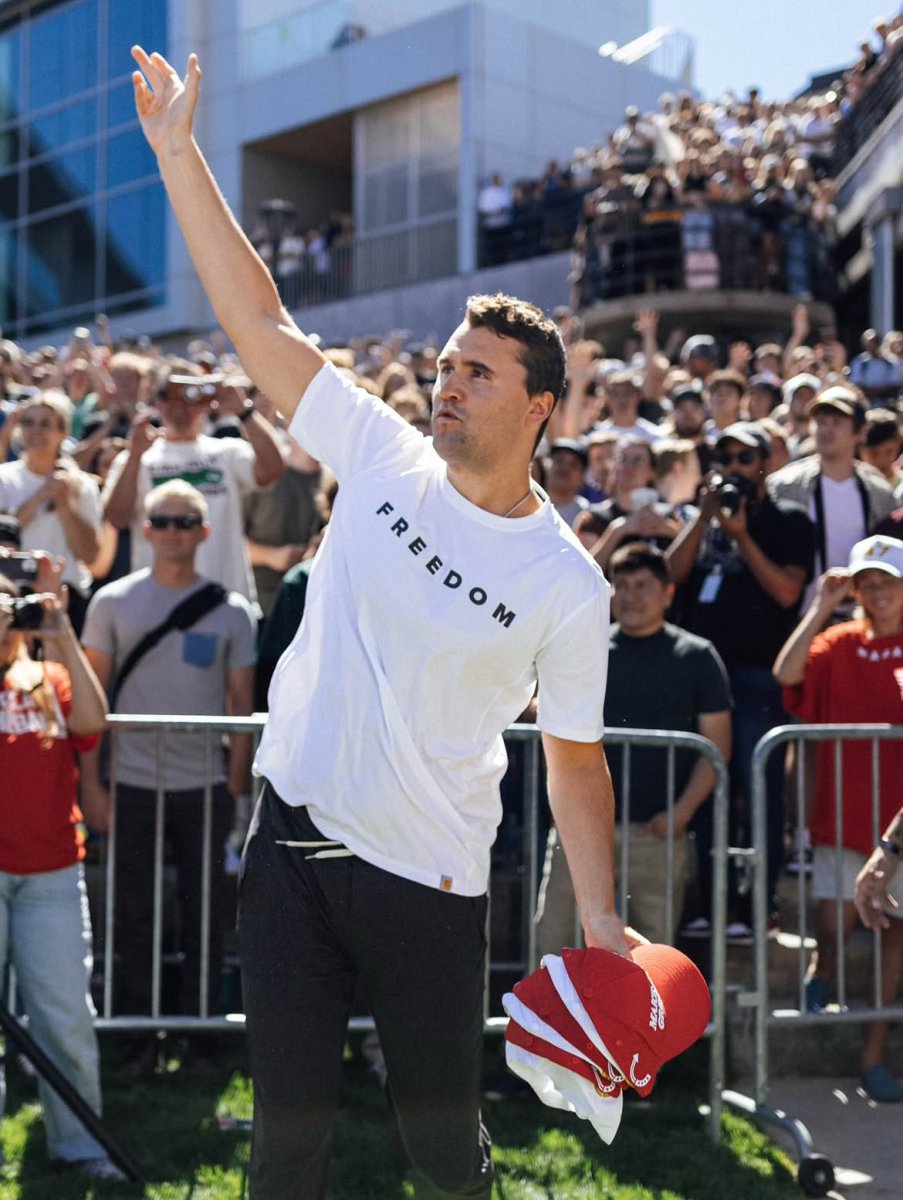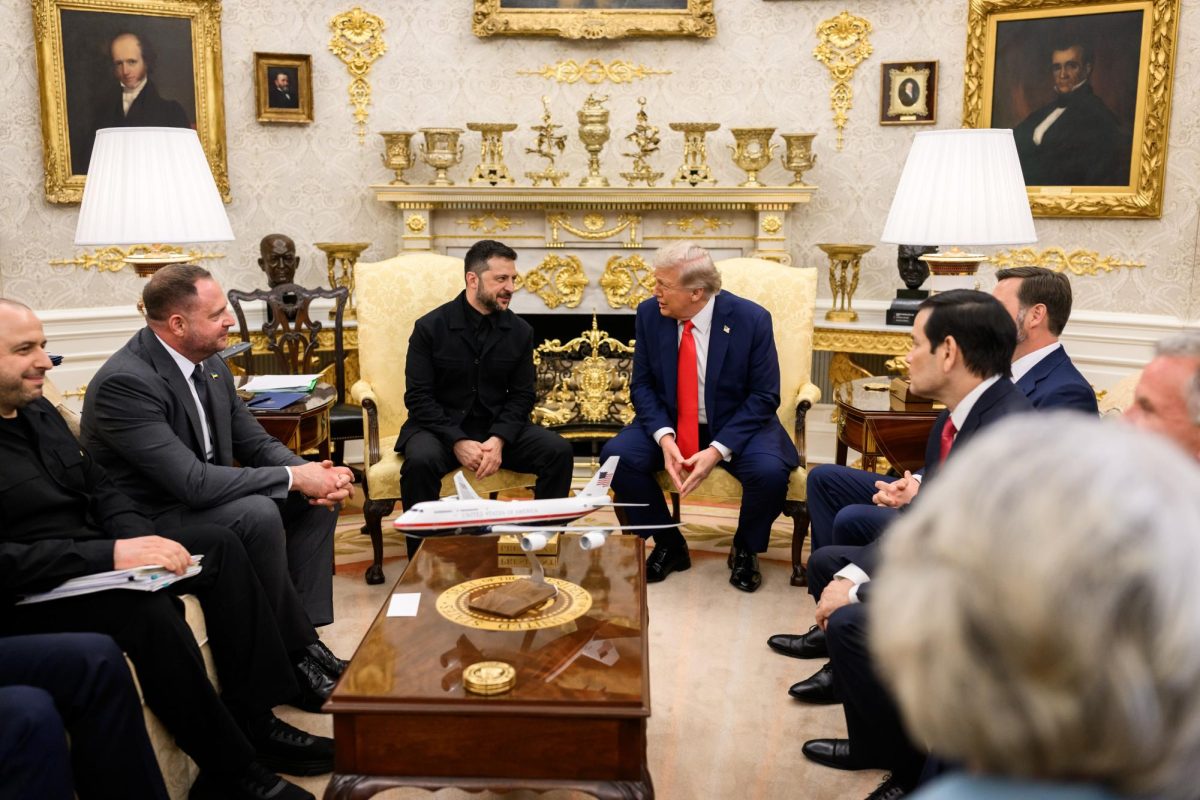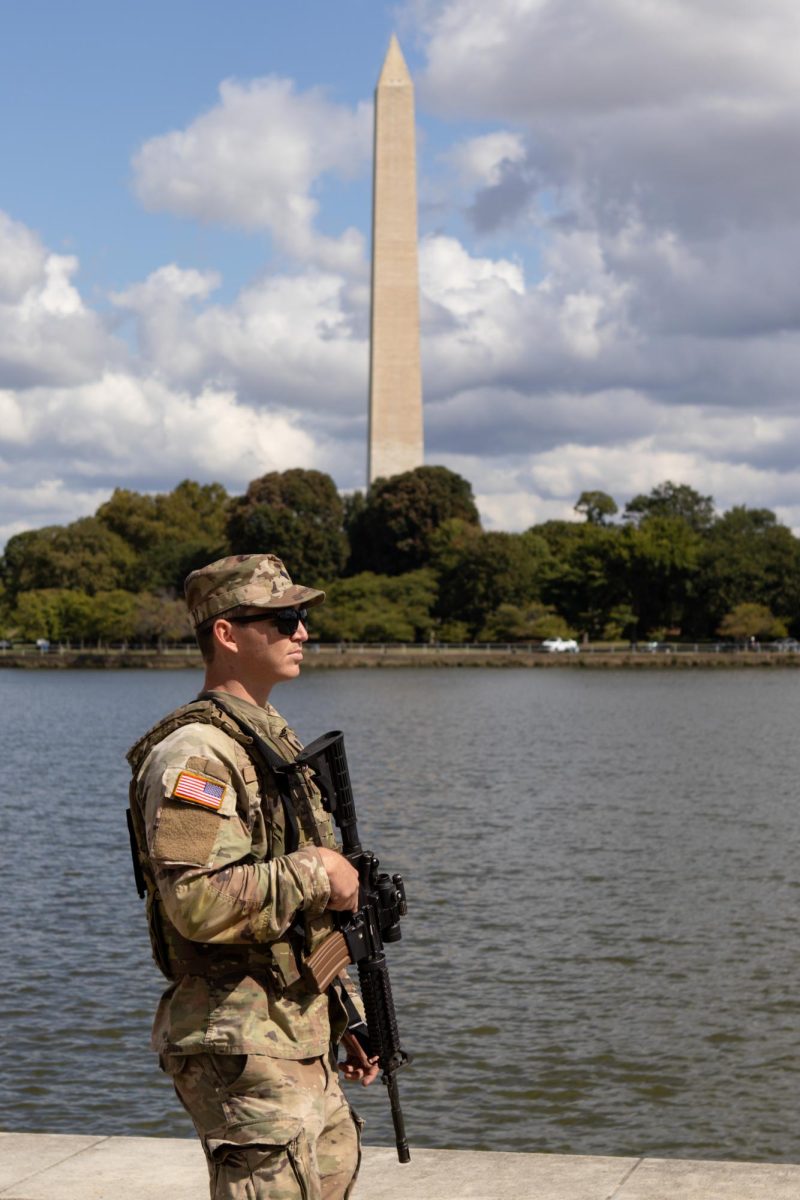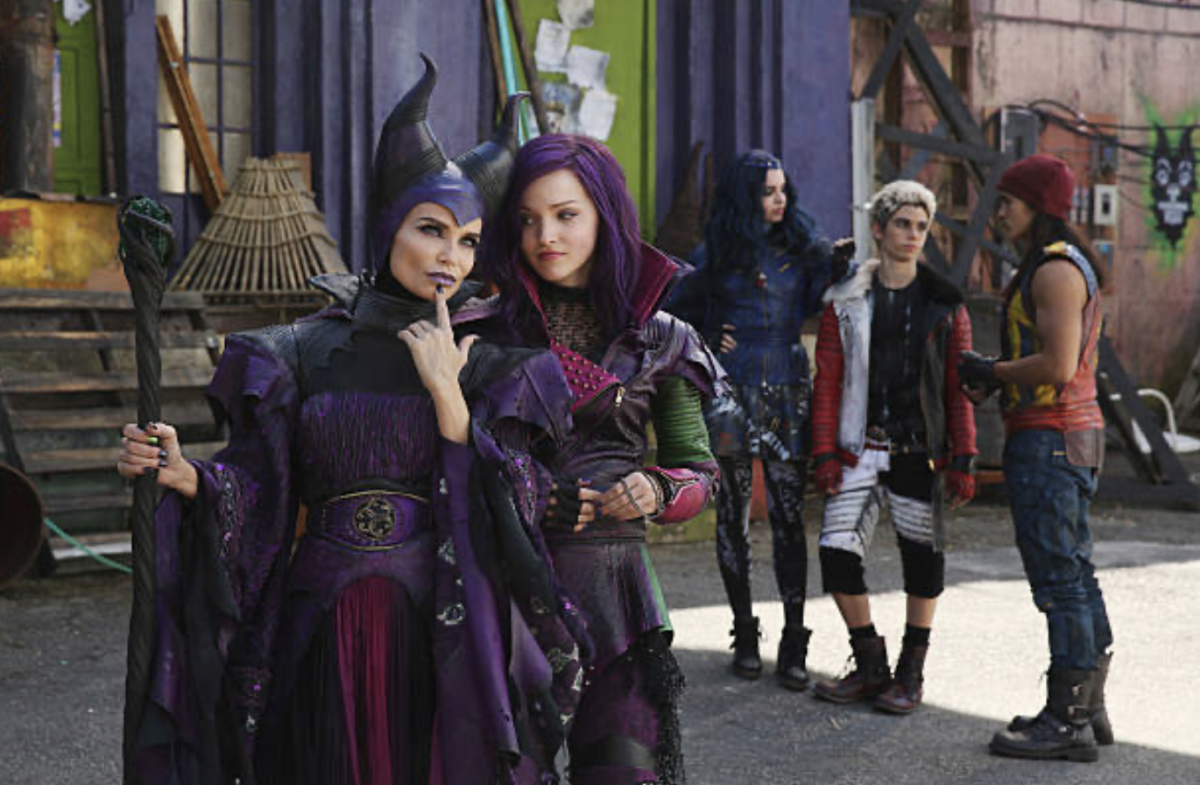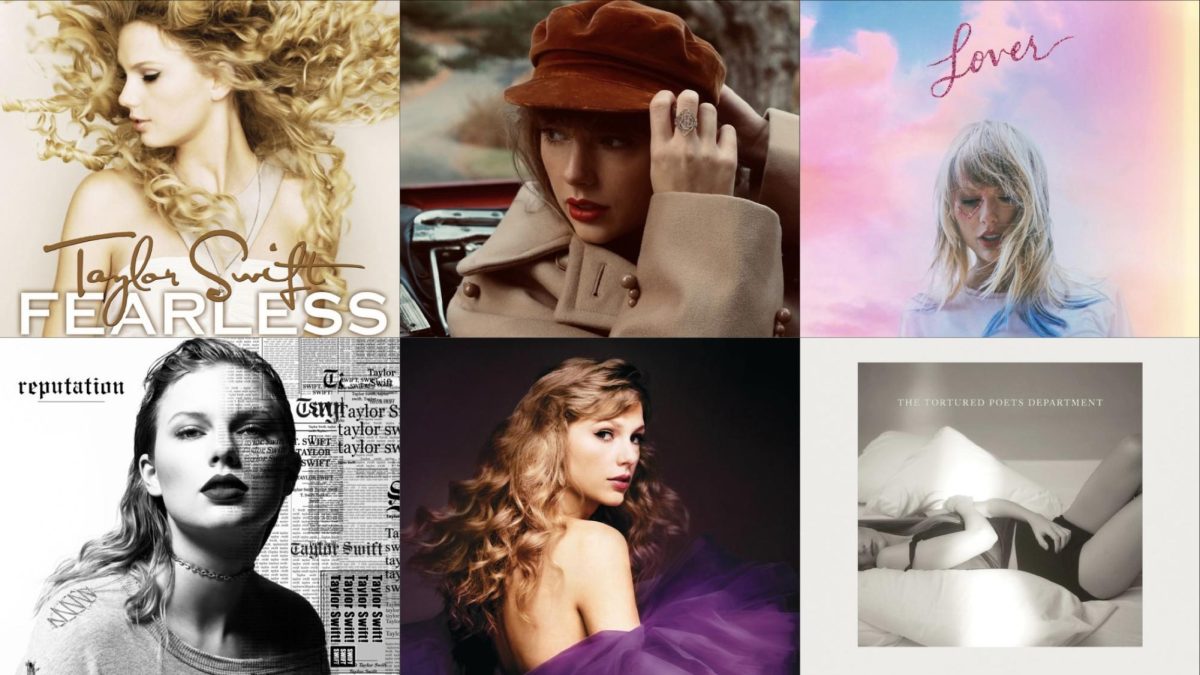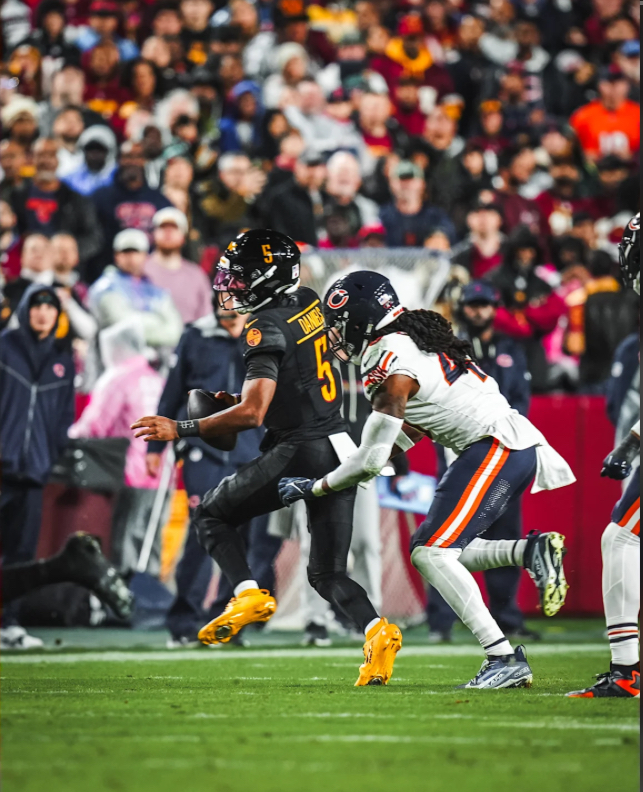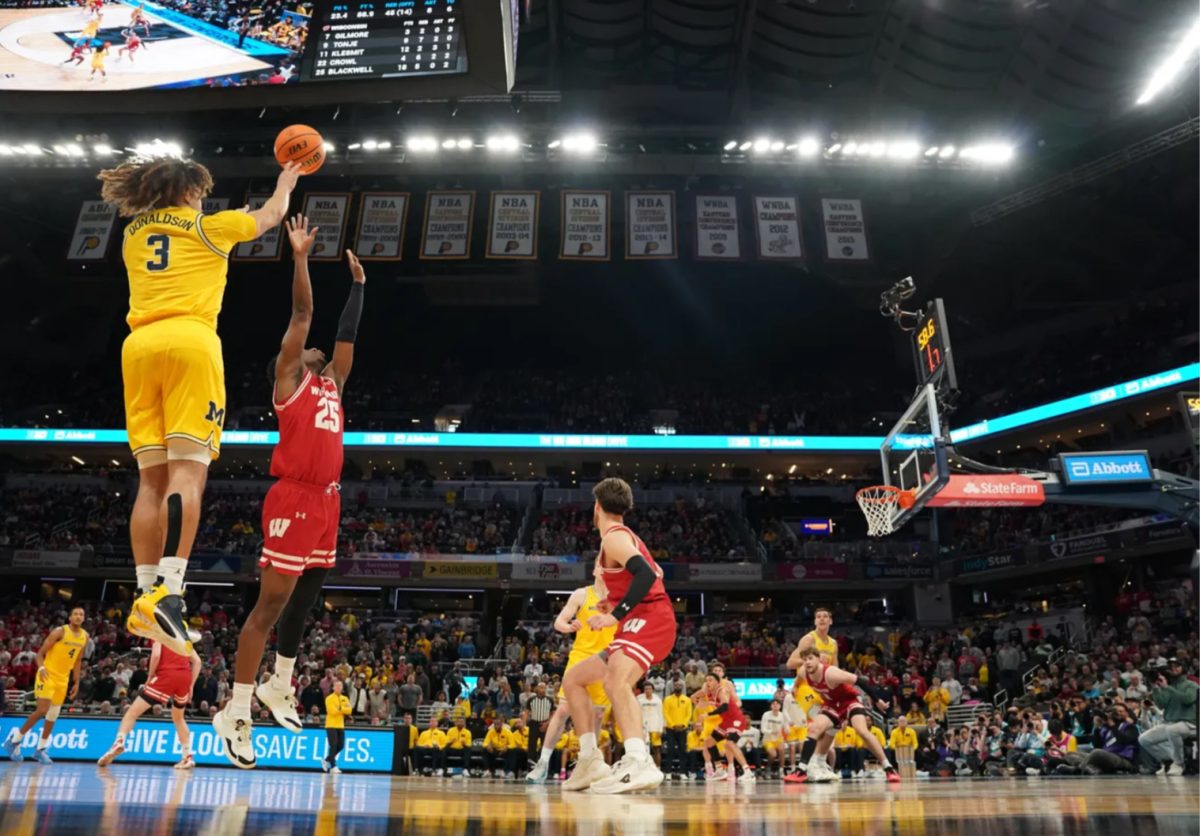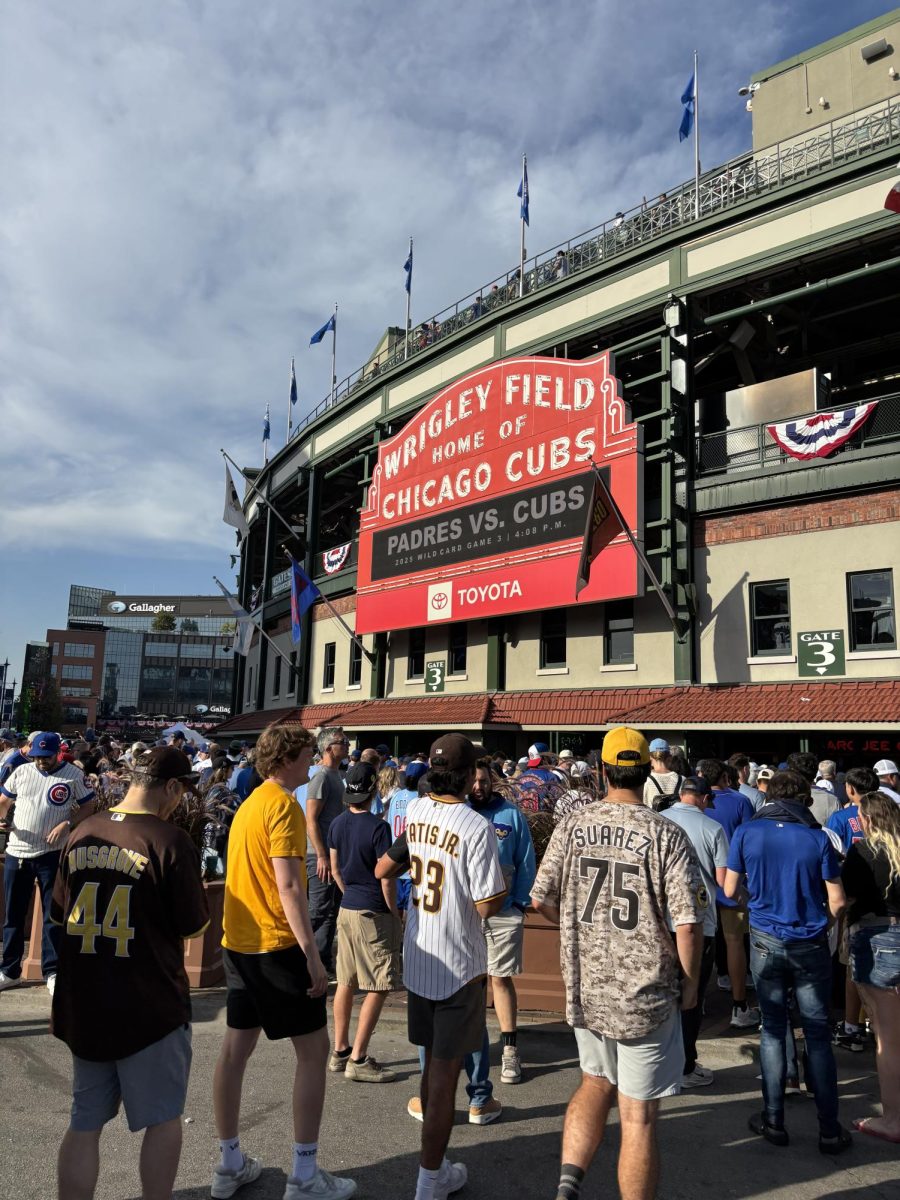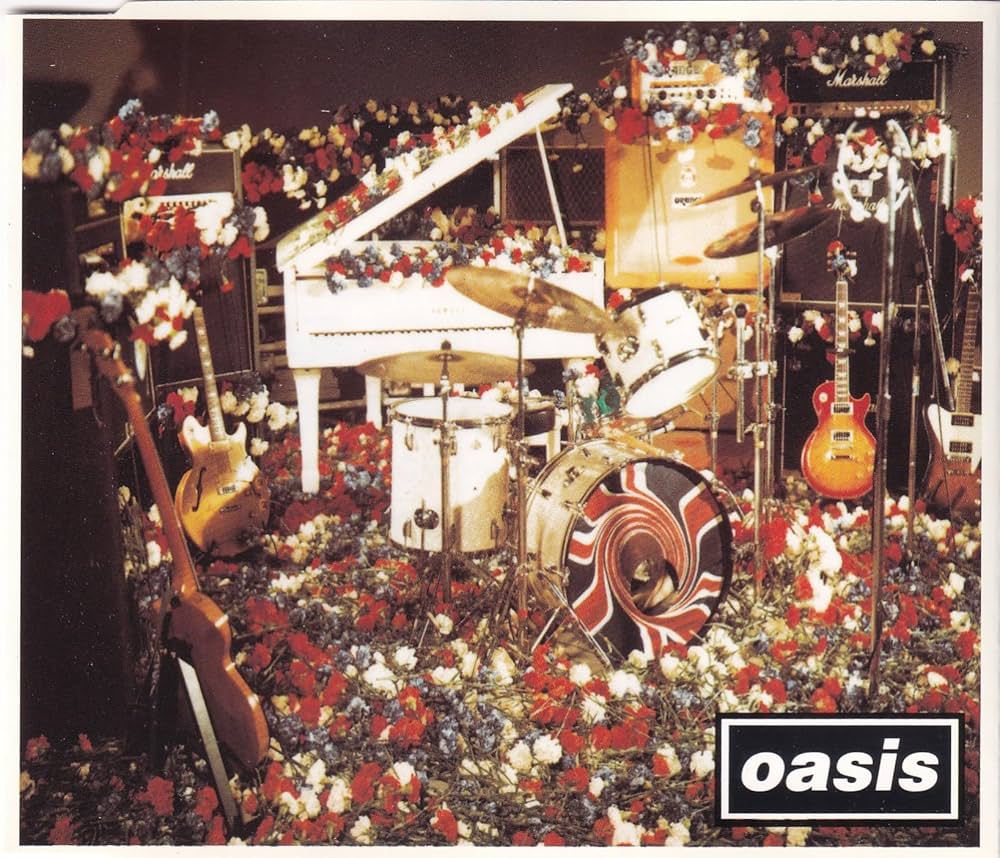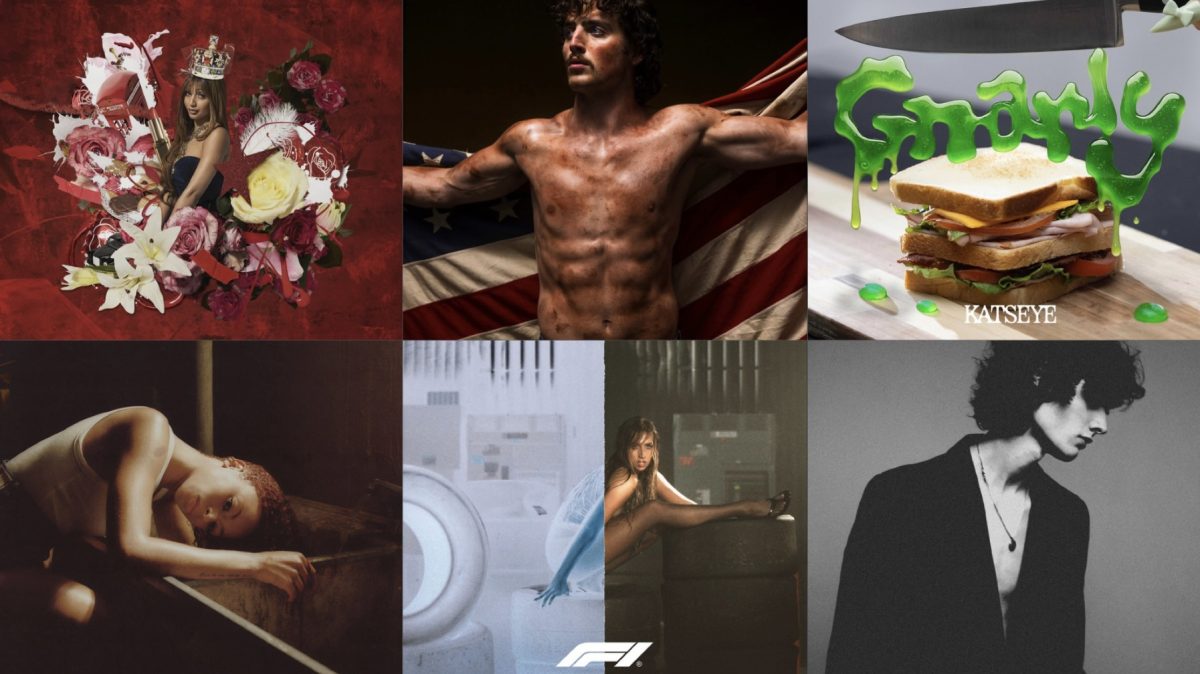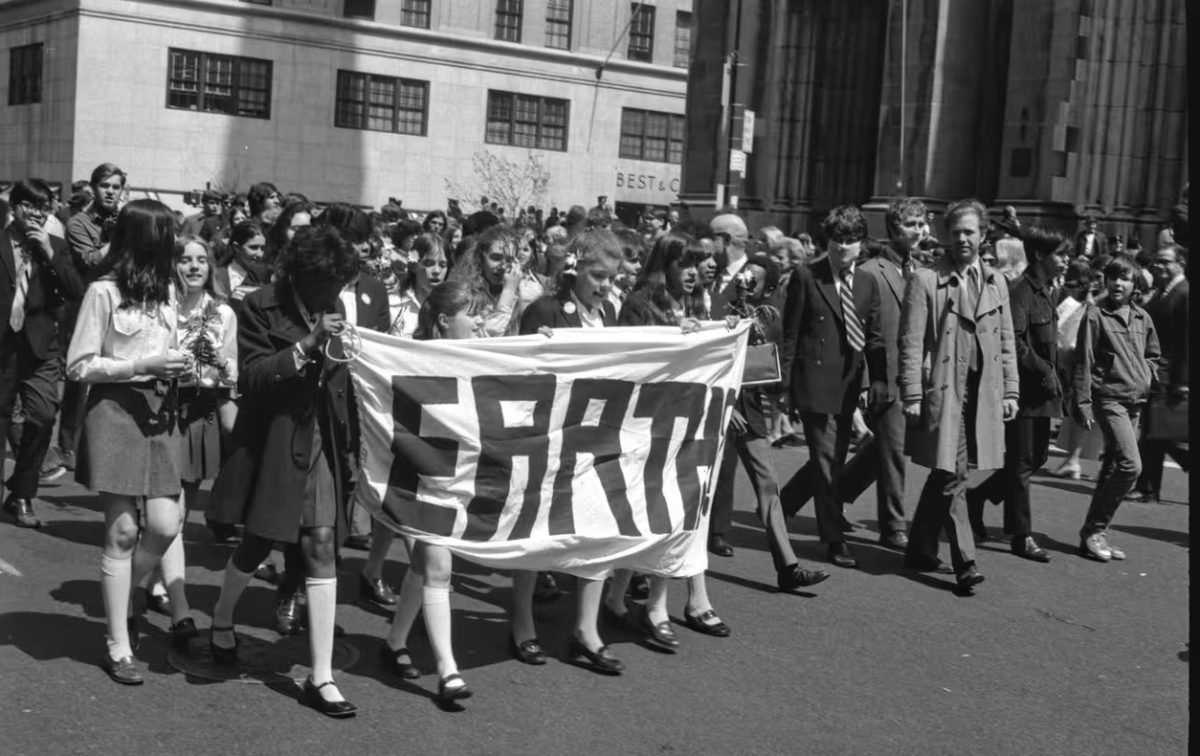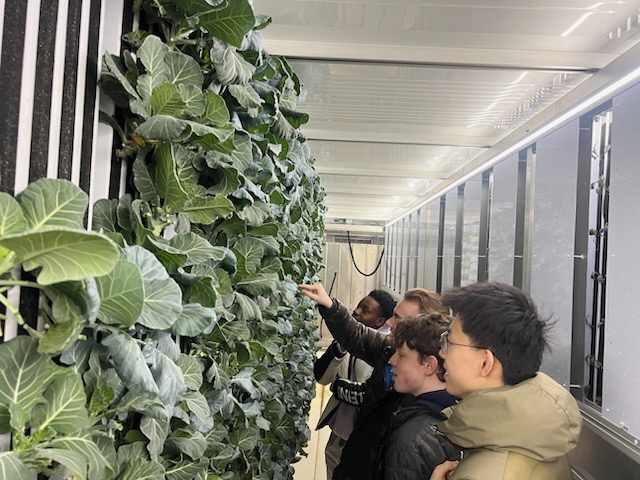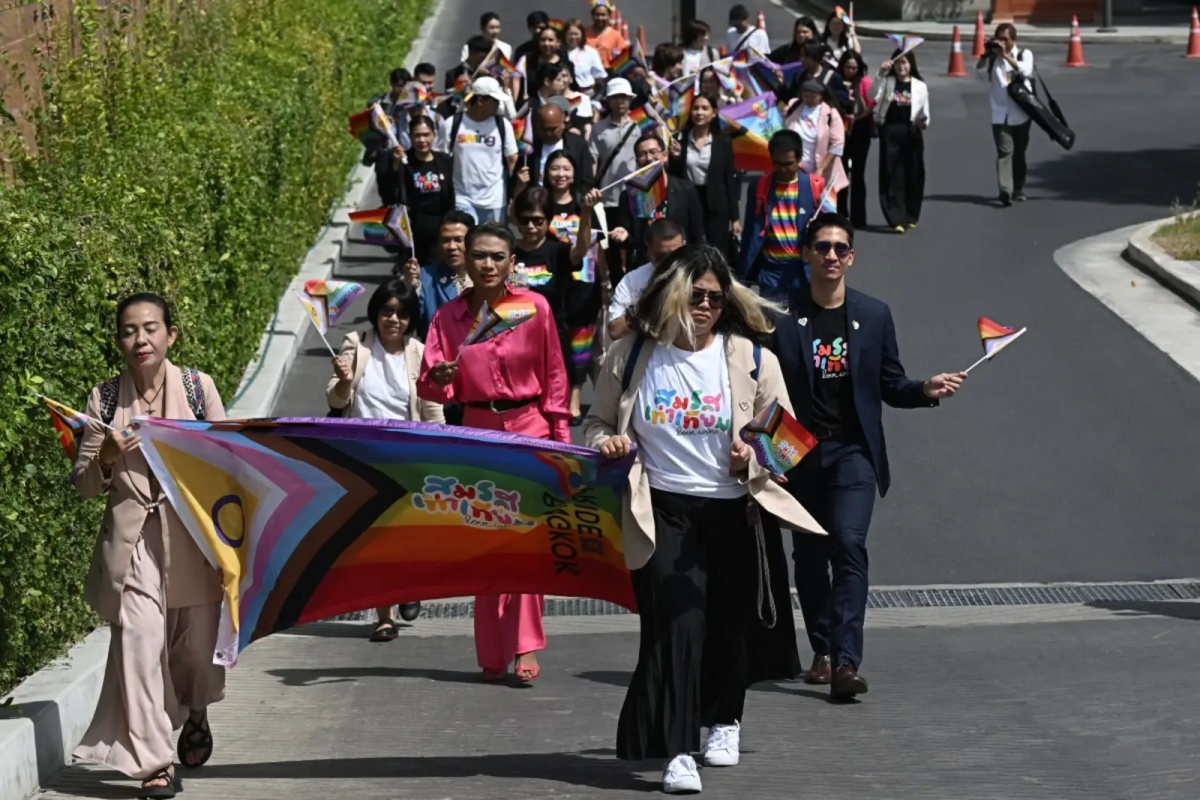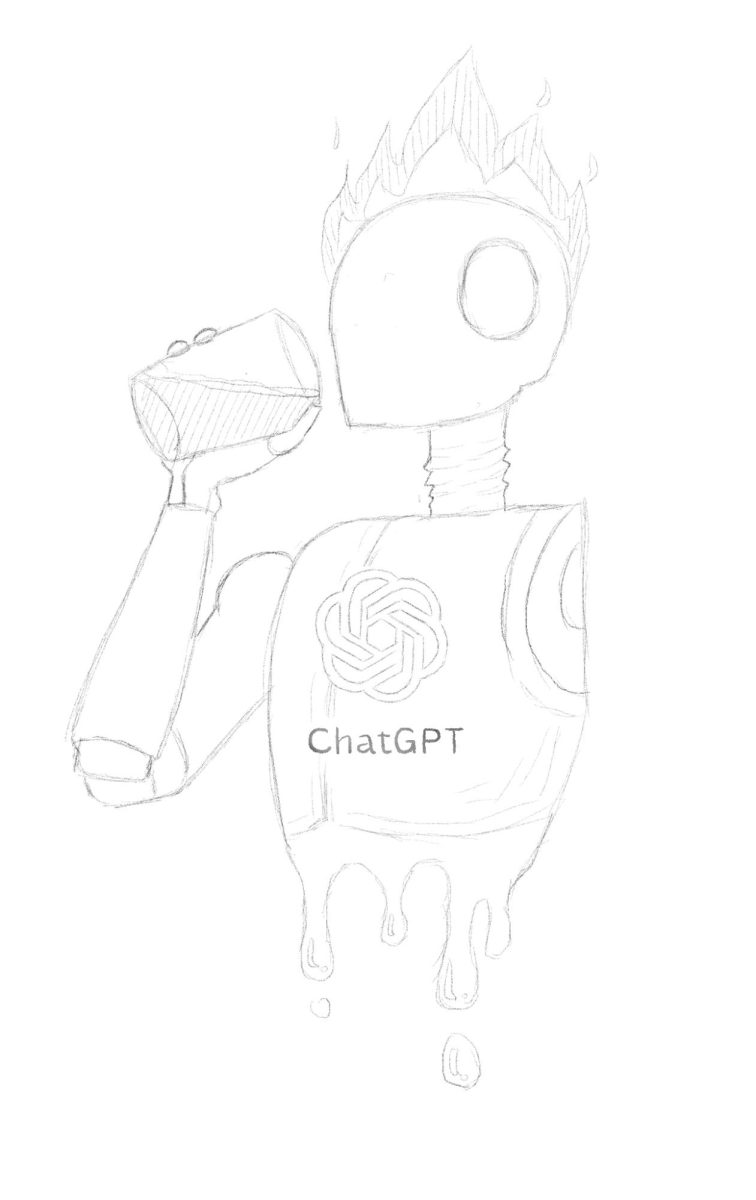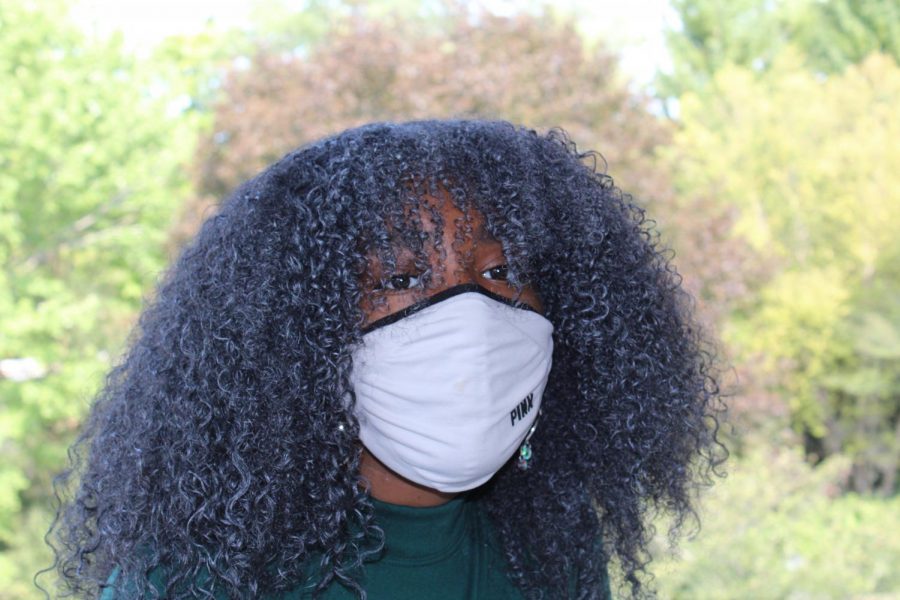Behind a Mask: Perceiving Emotion and Social Interactions
Photo by Tyler Watts
September 28, 2020
Though the frightening ramifications of the coronavirus may not be sensed or understood evenly across populations, the changed dynamics of public interaction have been felt by all. After months of isolation, loss, and uncertainty, collective nerves have arisen as we relearn how to be together. The single act that has allowed for us to come together and replicate normalcy is simple— wearing a mask. Masks help us protect each other from ourselves, but they can induce social anxiety despite their necessity as a security measure. Complications with breathing, being soft spoken, or lacking the reassurance of someone’s smile may add stress to social interactions. But aside from these variables, lots of power in interactions now rests in the eyes.
Eyes are often thought of as windows to the soul, but they’ve recently been working overtime as mirrors to reflect our emotional cues as well. While it is difficult to connect with one another across technology such as text or Zoom, it is arguably just as difficult to do so behind the guise of a mask. The gaze can hold a lot of emotional meaning, with the potential to relay love, trust, hurt, anger, etc. Some eyes are soft, and can relay meaning with or without the rest of the face present to indicate their emotions, but others with a strong brow or blank stare may come across more intimidating without any knowledge of who they are, even if they have kind intentions.
Smiling has been postponed until the notice of vaccines and herd immunity. While some may have been opposed to or annoyed by the superficial smiles once shared in hallways or down sidewalks, it was part of the general routine and a simple way to acknowledge another person’s existence. Trying to smile behind a mask is a vain attempt to display kindness; it also looks plain weird. Because of this, understanding a social situation rests heavily on the shoulders of clear verbal and physical cues.
Perhaps this will make us better communicators; if there is less passivity in a conversation or social interaction, then our desire for clarity and understanding could make us more honest and candid as we all seek to connect and erase gloomy feelings of isolation. A lot of our communications may also be more genuine, as the effort in coming mask-to-mask with someone amid heavy enforcement of social distancing policies frees us of situations or gatherings we’d prefer to avoid. With this, it is more comfortable to cancel the plans we did not wish to attend, as enforced time inside away from others has provided many people the space to get to know themselves better and find comfort in their identities away from social pressure. With changing perspectives that rose from quarantine boredom, we can reevaluate what truly matters to us, control what little we can in the current climate, and focus for once on being happy! We have more liberty to dedicate our time to the people or things we find to be truly worth the effort.
Giddy hopefulness for the day co-vid has minimal to no effects on our everyday interactions is what will continue to help us endure and see through to a positive outcome. While it is valid to reflect on the past few months with only resentment and sorrow, the pure joy/contentment that is to come from our first mask free outings will be unmatched. The subtleties of interaction that we once took for granted will gain a new meaning marked by this era in the years to come.

